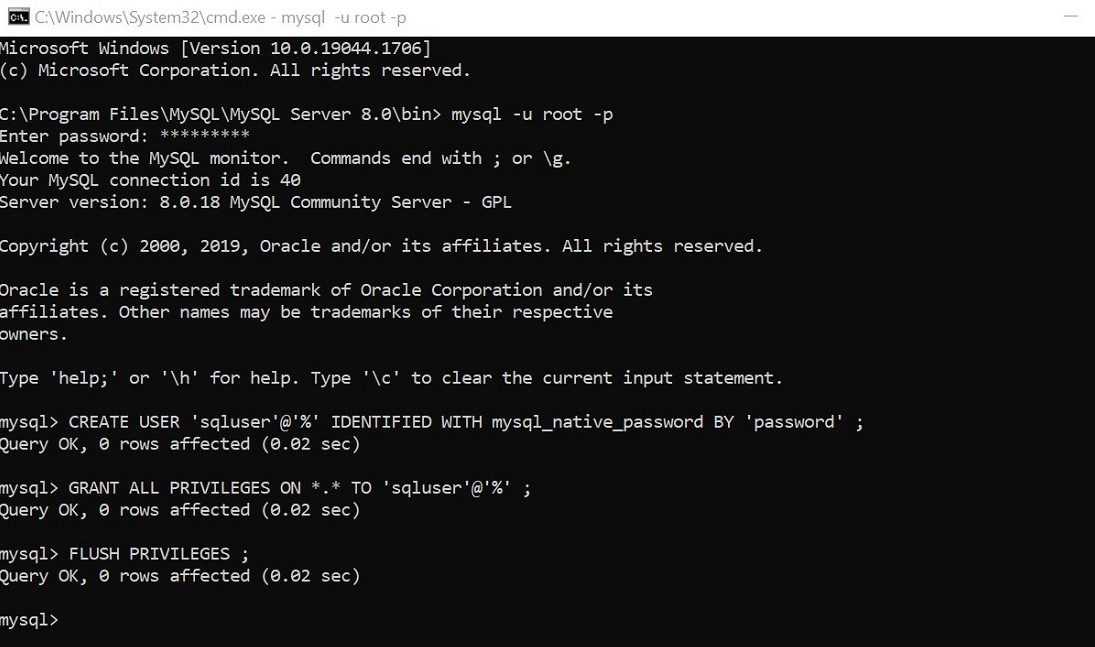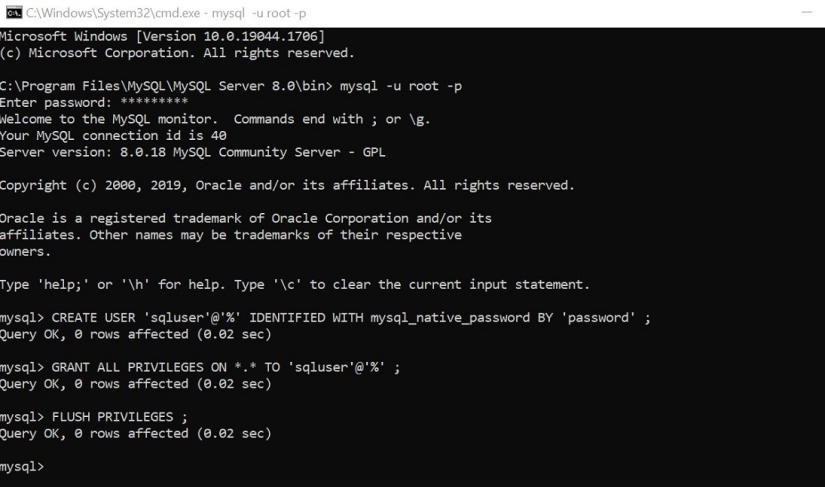
# Databases Function as the Foundation of Digital Applications: Operating MySQL Without Technical Personnel
## The Essential Function of Databases in Mobile and Web Applications
In the current digital-centric environment, databases are integral to almost every application, offering a structured, dependable basis for data storage, management, retrieval, and processing. From social media platforms to e-commerce sites, mobile applications, and corporate software, databases fuel the features that users interact with on a daily basis.
For example, user data such as login details, preferences, and transaction histories are housed within databases. Likewise, web content, images, transactions, and configuration options are all accessed and delivered by databases. The lack of a strong database system would make contemporary digital experiences unfeasible, as there would be no organized method to handle and analyze the vast quantities of data produced by these platforms.
Additionally, databases are crucial in enabling personalization and delivering enhanced functionality. An effectively structured database can be queried to suggest products on an e-commerce platform, display pertinent ads, or create user-specific feeds in real-time apps like Twitter or Instagram.
## Why MySQL is the Preferred Database Management System
Regarding relational database management systems, **MySQL** has secured its place as one of the most favored choices available. Its **open-source nature** is a key factor behind its extensive utilization. Companies across various sizes and sectors gravitate towards MySQL due to:
– **Cost-Effectiveness**: It is free to use and can be modified, making it an excellent option for both startups and established enterprises.
– **Cross-Platform Compatibility**: MySQL operates smoothly on systems such as Linux, Windows, and MacOS.
– **Strong Performance**: Renowned for its reliability, scalability, and capacity to handle large data volumes, MySQL is appropriate for both small initiatives and enterprise-level applications with significant workloads.
– **Support for Complex Queries**: MySQL can effectively manage extensive and intricate queries, making it a favored selection for applications with dynamic and sophisticated data needs.
Nevertheless, overseeing a database like MySQL necessitates a degree of **technical know-how**. From establishing and upkeeping the database to guaranteeing security and optimal performance, organizations typically depend on technical personnel or database administrators (DBAs) for these responsibilities.
But what happens if you lack in-house database proficiency? Let’s examine the obstacles and practical solutions for operating MySQL without technical staff.
—
## Challenges of Operating Databases Without Technical Personnel
Running a MySQL database without the support of qualified personnel is feasible, but it brings about some notable challenges.
### 1. **Technical Expertise is Often Required**
Database management encompasses complex tasks such as:
– Setting up and configuring the database.
– Crafting and optimizing SQL queries.
– Ensuring data is organized properly for efficient retrieval.
– Carrying out regular maintenance like indexing, backups, and migrations.
For untrained staff, even fairly minor issues—such as sluggish queries or connectivity problems—can escalate into significant obstacles.
### 2. **Security Threats and Compliance Issues**
Databases typically store **sensitive and regulated information** like customer data, payment information, or business insights. The absence of technical personnel complicates the implementation of comprehensive security measures. Proper access controls, encryption, and regular security evaluations might be neglected, leaving data exposed to breaches or cyber threats.
Moreover, businesses frequently need to adhere to data protection regulations such as **GDPR**, **HIPAA**, or **CCPA**. Compliance necessitates technical knowledge to configure the database systems in line with regulatory requirements.
### 3. **Scaling and Performance Enhancement**
As organizations expand, so does the amount of data they handle. Increasing the capacity and optimizing the performance of a MySQL database requires advanced strategies — such as sharding, replication, and query optimization. Without technical knowledge, businesses could experience slower system responses, dissatisfied users, and operational inefficiencies.
—
## How to Operate MySQL Without Technical Personnel
Fortunately, cloud computing providers are tackling these challenges with **managed database services**. These offerings simplify much of the complexity tied to setting up, configuring, and maintaining a database, enabling organizations to run MySQL without a specialized team of experts.
### 1. **Amazon RDS for MySQL**
**Amazon Relational Database Service (RDS)** serves as a robust solution for launching and scaling MySQL databases in a fully-managed setting. It handles database operations, allowing organizations to concentrate on application functionalities rather than backend infrastructure.
#### Key Features of Amazon RDS:
– **Automated Backups and Recovery**: Guarantees continuous backups and point-in-time recovery.
– **Performance Insights**: Provides an intuitive tool for analyzing and refining database performance.
– **Scalability with Read Replicas**: Effortlessly distribute read workloads across several replicas for enhanced scalability.
– **High Availability via Multi-A
